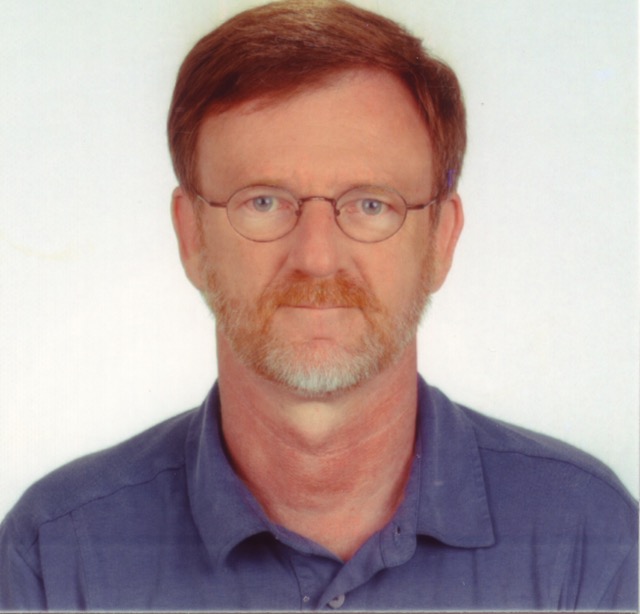The 7th IEEE Symposium on
Large Data Analysis and Visualization
in conjunction with IEEE VIS 2017,
Phoenix, Arizona, October 2, 2017


Symposium – October 2, 2017, Room 301-D
| 8:30 – 8:45 am | Opening Remarks |
| 8:45 – 8:55 am | Fast Forward |
| 8:55 – 10:10 am | Session: Multicore Techniques(Chair: Ron Oldfield)
|
| 10:10 – 10:30 am | Break |
| 10:30 – 10:55 am |
Session: Sampling Techniques(Chair: Katherine Isaacs)
|
| 10:55 – 12:10 pm | Keynote PresentationMultiphysics simulation not yet at the extreme scale.Prof. Dr. Ulrich Rüde, Friedrich-Alexander Universität Erlangen-Nürnberg |
| 12:00 – 2:00 pm | Lunch |
| 2:00 – 3:40 pm | Session: Interactive Visualization / In Situ Techniques(Chair: Hank Childs)
|
| 3:40 – 4:15 pm | Break |
| 4:15 – 5:05 pm | Session: Distributed Memory Techniques(Chair: Tom Peterka)
|
| 5:05 – 5:45 pm | PanelHigh Performance Data Analytics (HPDA):Opportunities and challenges in the intersection of HPC and Big Data Analytics Participants: Kelly Gaither, Chris Johnson, Patricia Crossno, Peer-Timo Bremer, Ross Maciejewski |
| 5:45 – 5:55 pm | Best Paper Award & Closing Remarks |
| 7:00 – 9:00 pm |
VIS Opening Reception & LDAV Poster SessionPosters:
|
Multiphysics simulation not yet at the extreme scale.
Prof. Dr. Ulrich Rüde, Friedrich-Alexander Universität Erlangen-Nürnberg
Exploiting future extreme scale computers to their full capability will require innovation on many levels: New algorithmic paradigms must address unprecedented levels of concurrency in heterogenous systems. In this talk I will report on our work towards extreme scale predictive simulations in physics and engineering problems. Our focus will be on coupled multifield problems as they arise in Earth mantle convection and in the direct numerical simulation of multiphase flows. We model the whole volume of the planet with a finite element mesh of 1km resolution, resulting in a linear system with more than one trillion (1012) degrees of freedom and a solution vector with a size of 80 TByte. Similarly large models can be used with the lattice Boltzmann method for the direct simulation of particulate suspensions for environmental or biomedical flows. Based on these examples, we will discuss our challenges on the road to predictive science.
Speaker
 Ulrich Rüde heads Chair for Simulation at the University Erlangen-Nuremberg and is the leader of the Parallel Algorithms Team at the Centre Européen de Recherche et de Formation Avancée en Calcul Scientifique (CERFACS) in Toulouse. He studied Mathematics and Computer Science at Technische Universitaet Muenchen (TUM) and The Florida State University. He has been a visiting Professor at University of Colorado, Boulder and the National University of Singapur. His research interests lie in Computational Science and Engineering with a focus on parallel numerical algorithms and high end computing, in particular computational fluid dynamics, multilevel methods, and software engineering for high performance computing. He is a Fellow of the Society of Industrial and Applied Mathematics.
Ulrich Rüde heads Chair for Simulation at the University Erlangen-Nuremberg and is the leader of the Parallel Algorithms Team at the Centre Européen de Recherche et de Formation Avancée en Calcul Scientifique (CERFACS) in Toulouse. He studied Mathematics and Computer Science at Technische Universitaet Muenchen (TUM) and The Florida State University. He has been a visiting Professor at University of Colorado, Boulder and the National University of Singapur. His research interests lie in Computational Science and Engineering with a focus on parallel numerical algorithms and high end computing, in particular computational fluid dynamics, multilevel methods, and software engineering for high performance computing. He is a Fellow of the Society of Industrial and Applied Mathematics.